Special Olympics Promotes Exploration, Fitness and Discovery on Kansas Trails
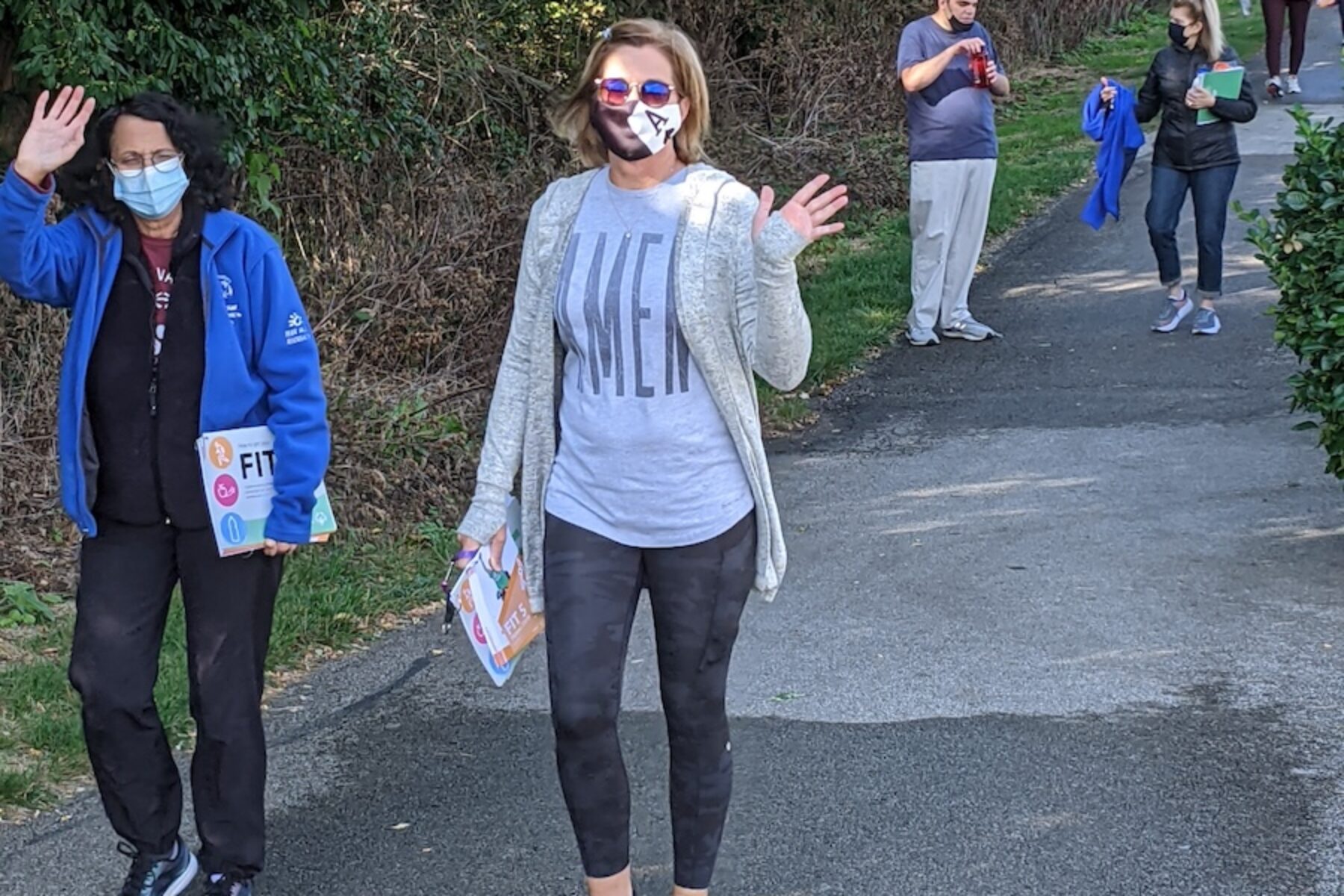
Jennifer Jennings, a longtime competitor in Special Olympics Kansas (soks.org) swimming events, was elated last winter when she made her Overland Park high school’s swim team.
“And about not even a week later, they had to cancel the season,” said Amy Jennings, Jennifer’s mom. “That was heartbreaking. To see her so disappointed—and then they canceled Special Olympics swimming. It was just awful.”
Before she made the school team, Jennifer Jennings swam in all kinds of Special Olympics Kansas (SOKS) events and took part in other sports too, as have thousands of Kansans ages 8 and up who have intellectual disabilities. When the coronavirus began canceling one group activity after another, many of the 20 sports that SOKS typically offers were among those affected.
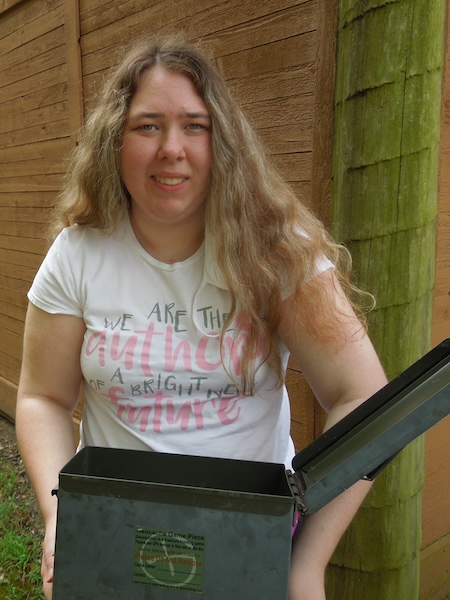
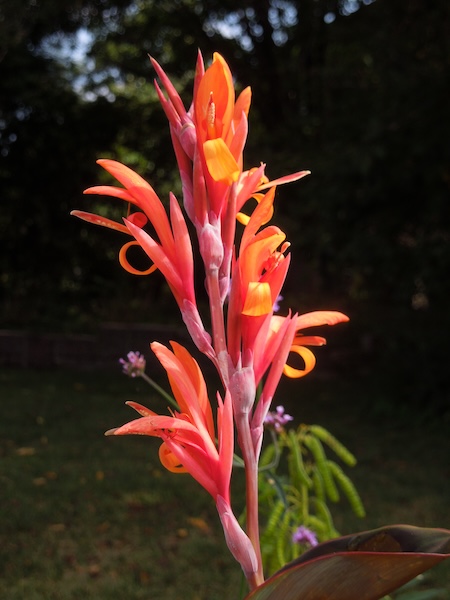
But along with the cancelations came some new opportunities, including a set of programs in the works prior to the COVID-19 pandemic that were designed to utilize Kansas trail systems. They include the Special Olympics Kansas Outdoor Skills training program, which was developed in partnership with the Sunflower Foundation (sunflowerfoundation.org) and the Kansas Department of Wildlife, Parks and Tourism (ksoutdoors.com) to encourage athletes to engage in all kinds of outdoor activities, from hiking to fishing to archery. And they also included a series of trail-centric fitness challenges that SOKS Health and Fitness Coordinator Jesse Lyle said have received a beyond welcome reception at a time when other options have been limited. The recent Parks & Trails Tour was a 10-week challenge that encouraged athletes to team up—often virtually—and explore their surroundings while racking up points for logging miles, posting nature photos and more.
“As soon as I saw the email, I was like, ‘We’re there,’” Amy Jennings said. “It gave us a chance to get out.”
Special Olympics Kansas’ Outdoor Skills training program creates opportunities for athletes to engage in fitness challenges and learning sessions in the outdoors in an effort to provide recreational outlets and paths toward further independence. Learn more: soks.org.
Building Trail Relationships for Health and Utility
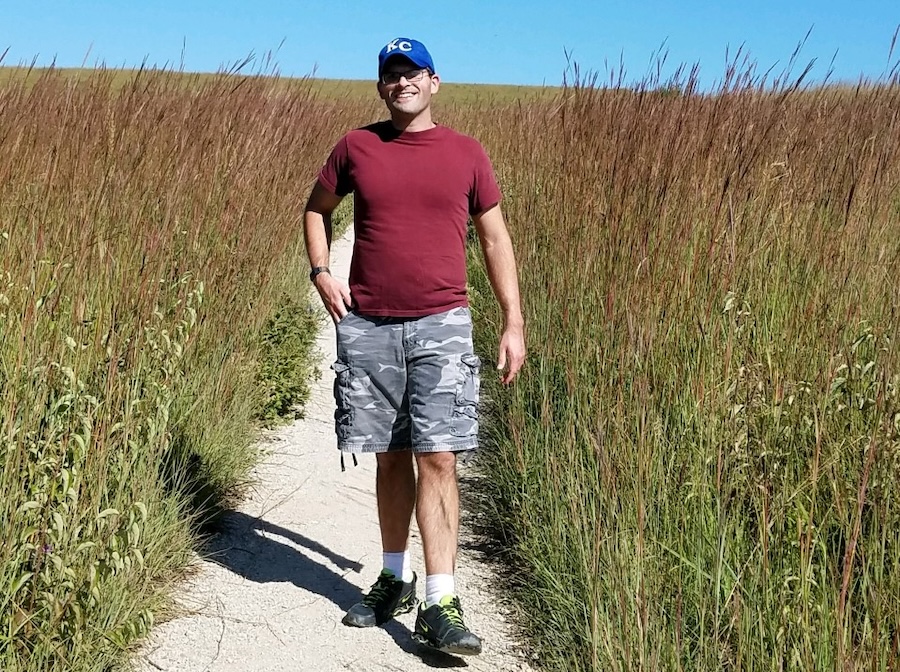
There are, according to Lyle’s last count, 4,971 trails in Kansas that cover over 5,000 miles of the Sunflower State. Those trails can provide Special Olympics athletes with a recreational outlet, Lyle said, and a path toward further independence, too.
“They can get to work, get to the store if they need to and ultimately try to use the trails as a network of transportation,” Lyle said.
Becoming familiar with surrounding trail systems is a key first step in developing recreational and transportational relationships with them, he said. So the Parks & Trails Tour challenge was designed to get athletes and their families deeply acquainted with those surroundings. The program featured a points-based challenge that awarded participants not only for miles logged, but also for what they saw and found during their walks. Identifying up to 10 fish, birds, plants, mammals, insects and amphibians led to points. Using GPS to track down one geocache a week was worth 50 big points. Sharing findings in two Facebook posts a week earned athletes a few points, too.
“There are objectives, goals and journeys that you go through to reach these destinations,” Lyle said.
And in the process, Lyle said, athletes and families have discovered that trails aren’t just remote, wooded paths. With a few weeks to go in the statewide Parks & Trails Tour challenge, SOKS hosted a Treats and Trails Day near its headquarters in Mission, Kansas, a part of the Kansas City metro area. Fifty-three athletes, family members and caregivers walked 80 miles over the course of an hour.
“We’re giving them exposure to trails within the city,” Lyle said. “Kansas is just covered in trails.”
Related: View trail information for Kansas.
Trail Programs Lead to Deeper Connections With Nature, Family
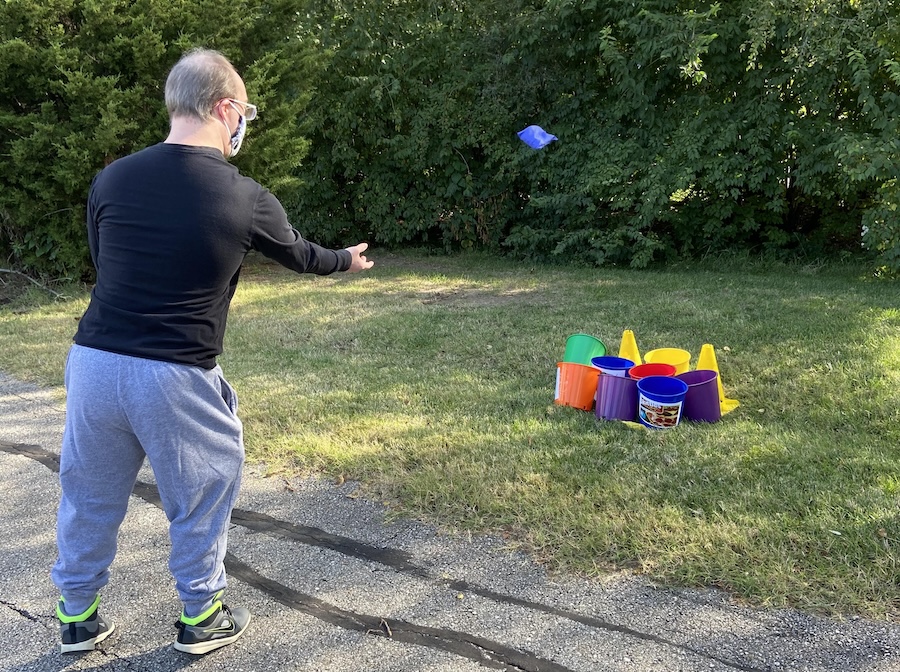
Luke Pratt’s life has revolved around athletics and fitness, his mother Diana said.
“He is all sports,” she said. “He does track and field, he does basketball, he does volleyball. I thank goodness for the Special Olympics.”
The Pratts live in Manhattan, Kansas, and Luke works at the Kansas State Recreation Center, where he would work out after finishing his shift. “[During the pandemic], such a big part of his life was taken away, I guess you could say,” Diana Pratt said.
The SOKS trails-related programming offered Luke an outlet for his competitive side. First, he enrolled in a mile-logging event called the I-70 Challenge, in which participants were tasked with covering the 405 miles that the interstate runs west from the Missouri/Kansas border to Goodland, Kansas. Luke topped it by about a hundred miles.
“He’s all about exercise and being healthy,” said Diana Pratt, who logged 310 miles of her own. “He thrives on that.”
Many of those I-70 miles were logged on neighborhood walks throughout the spring and summer. The Trails & Parks Tour, which began in August, sent the Pratt family into some undiscovered parts of Manhattan.
“We did find some trails that normally we would not have looked for or walked on,” Diana Pratt said. “One of the coolest things is we found this tree that has so many branches and limbs. Somebody put a swing on it. We would have never found that if we weren’t looking for trails to walk on.”
Over the 10-week challenge, the Pratt family often saved Sundays for their geocaching expeditions. “The geocaches—my husband was like, can we still do this after it’s over?” affirmed Diana Pratt.
In Overland Park, the Jennings family found one geocache during their 10 weeks of participation. Where Jennifer Jennings scored many of her points was the nature department.
“I love animals more than anything,” said Jennifer, who was conveniently taking a field biology class at the same time she was photographing dragonflies, deer, ducks and more for the trail challenge.
The SOKS trails programming, Amy Jennings said, gave her and her daughter a new perspective of creatures they share the earth with. She added, “I was telling Jennifer, usually you just go for a walk, you’re on the trail and you think nothing of it. But this time, because we were searching for these different—I call them God’s gifts—categories they had, we stopped and we would look. And it’s just amazing the different things that we found, that we never would have had we not taken the time.”
Related: Blue Ridge Tunnel Accessibility Day Makes Dreams Come True
This article was originally developed for the Winter 2021 issue of Rails to Trails magazine. It has been reposted here in an edited format. Subscribe to read more articles about remarkable rail-trails and trail networks while also supporting our work. Have comments on this article? Email the magazine.
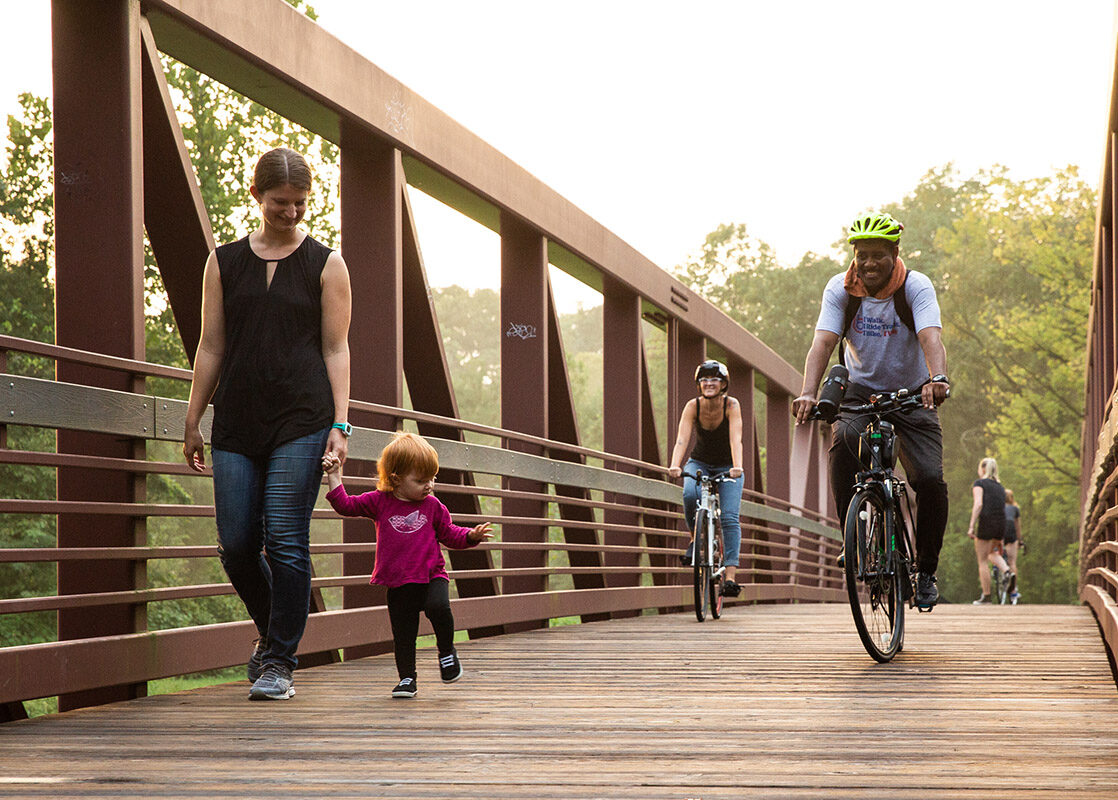
Donate
Everyone deserves access to safe ways to walk, bike, and be active outdoors.